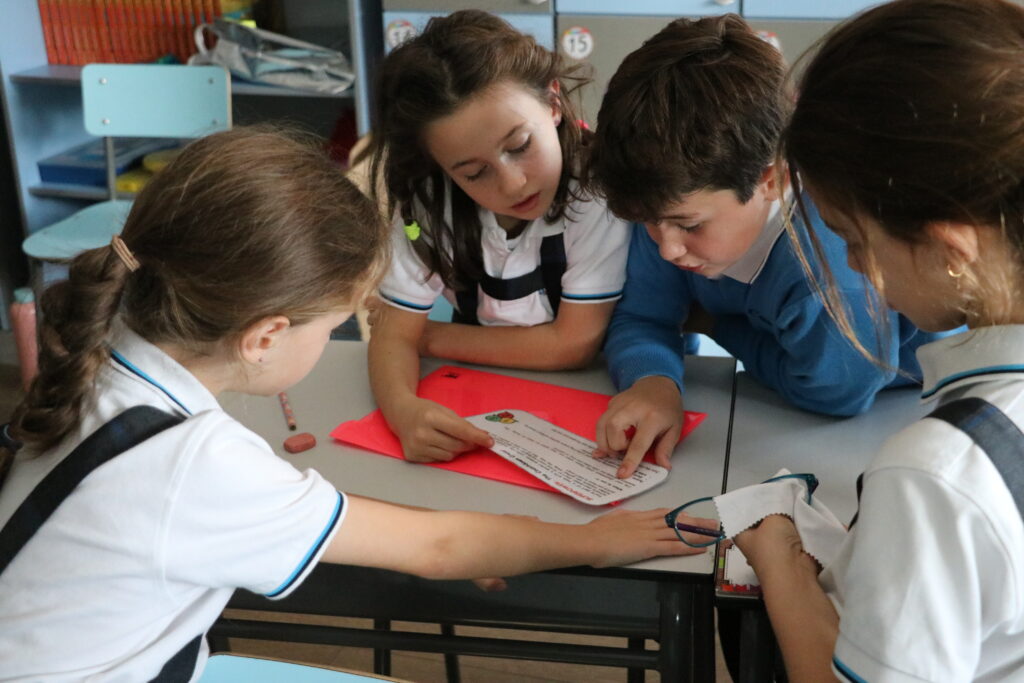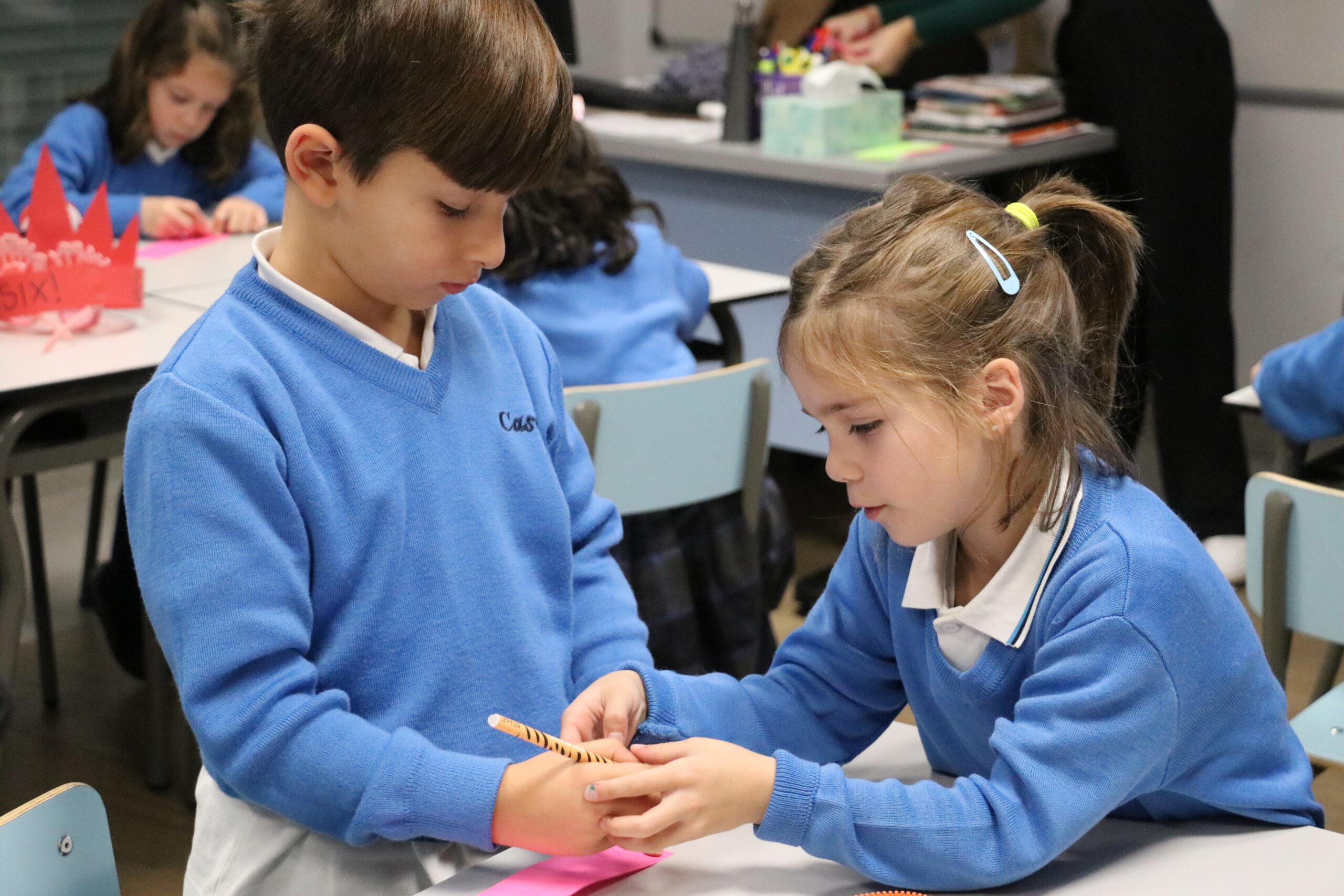The emotional intelligence of children consists of the ability to manage, express, master, and control their emotions and feelings, as well as to understand the emotions of others in an appropriate and effective way. In other words, it is about being aware of one’s emotions and knowing how to handle them according to each situation.
Learning emotional intelligence from an early age has many benefits, primarily for the socio-emotional development of children. This is because it promotes self-awareness through the understanding of their own emotions and feelings; self-control by regulating them; empathy when they try to understand the emotions of others; and social skills, which help them maintain healthy interpersonal relationships.
According to David Goleman, author of the bestseller ‘Emotional Intelligence’, these five qualities are the foundations of emotional intelligence. The author points out that true success lies in working on emotional intelligence just as one strengthens their IQ.

Benefits of Children's Emotional Intelligence
In this regard, according to Ivane Salud, some of the many advantages that learning about children’s emotional intelligence offers are:
- A better ability to detect, understand, accept, and describe emotions.
- Reduction of tantrums.
- It contributes to the development of assertive communication.
- It promotes resilience and the development of tools for conflict resolution.
- It reduces the likelihood of impulsive actions, addictions, or self-harming behaviors.
- It also fosters a greater degree of empathy with other children. In fact, various studies suggest that one of the benefits of working on empathy is that bullying levels “are reduced” in schools.
The family life, the first emotional school

For children, each day is a challenge and an opportunity for academic, social, family, and personal learning. In this sense, emotional intelligence encourages children to face these challenges in a positive way. This, in turn, helps them reduce feelings of frustration, stress, or anxiety, not only in their present, but also in adolescence and adulthood.
However, children’s emotional intelligence is acquired gradually, through the experiences they encounter at home and at school. That is, children will take their educators, but above all their parents, as role models. Therefore, it is important for parents to be positive examples when expressing their emotions in a healthy way. It is also crucial for these adults to engage in open communication and active listening with the child. In this way, the child will develop a larger emotional vocabulary and feel understood and accepted when expressing those emotions.
Activities to work on Children's Emotional Intelligence
There are many activities that help work on children’s emotional intelligence, such as stories about emotions, the emotion wheel (which shows different facial expressions on cards and encourages discussion about which emotion they represent), role-playing games, keeping an emotional journal, or helping them resolve conflicts through assertive communication.
Experts point out that learning to optimally develop emotional intelligence allows children, teenagers, and adults not only to “relate better to themselves and others,” but also “to have a higher level of tolerance, respect, and understanding.”
Learn more about our teaching methodology
At Casvi International American School we highlight the importance of emotional management from Nursery. Our professionals work daily with the infant students on what emotions are and how to manage them. To this end, the classrooms have a calm corner, a space where students can go when they feel that an emotion is taking hold of them to channel it, calm down and return to the rest of their classmates when they feel better. Translated with DeepL.com (free version)
If you want to learn more about our calm corner or teaching methodology in Pre-School and Kindergarten, visit our website or contact our Admissions Department.

